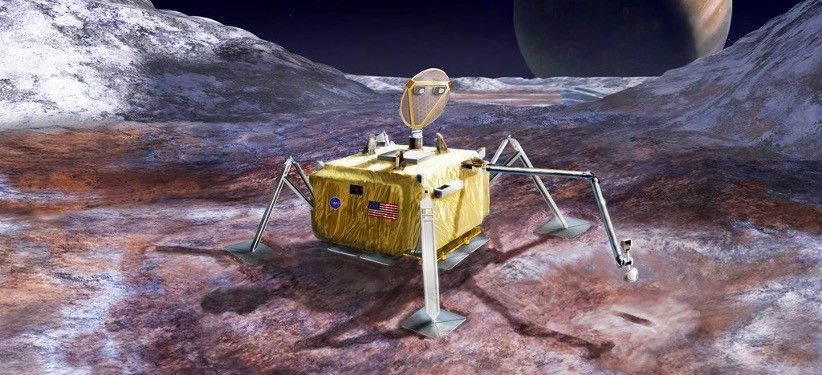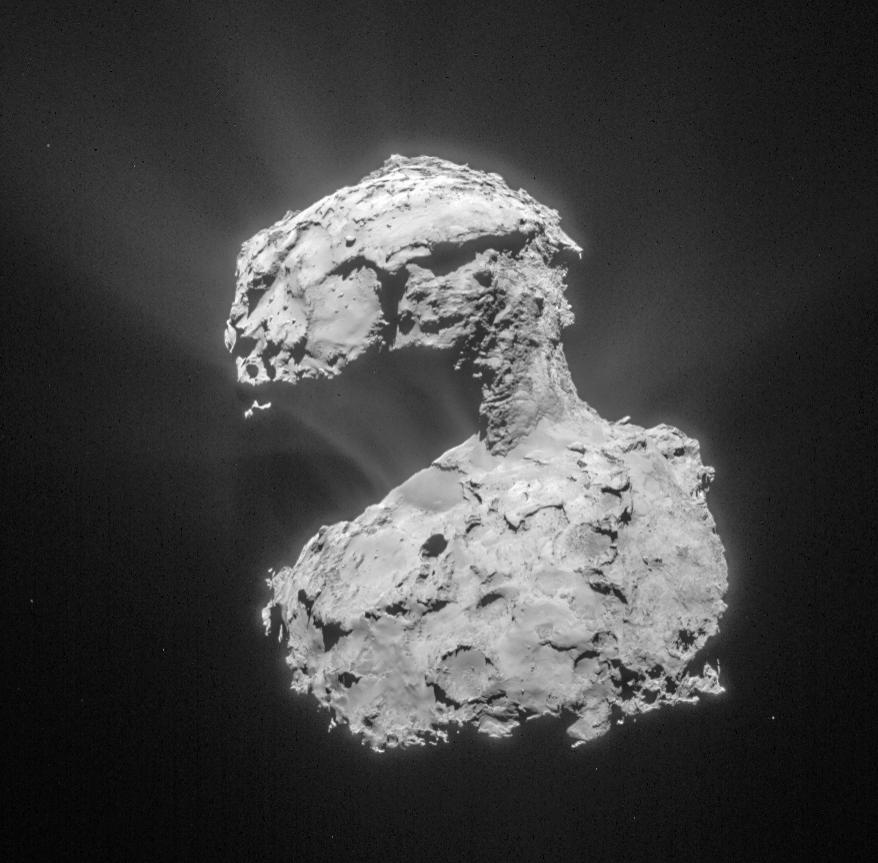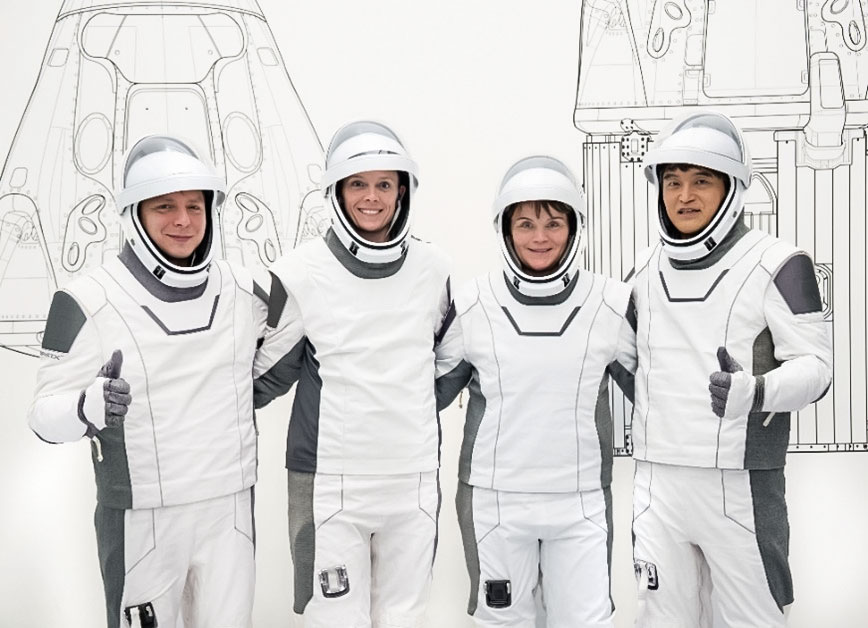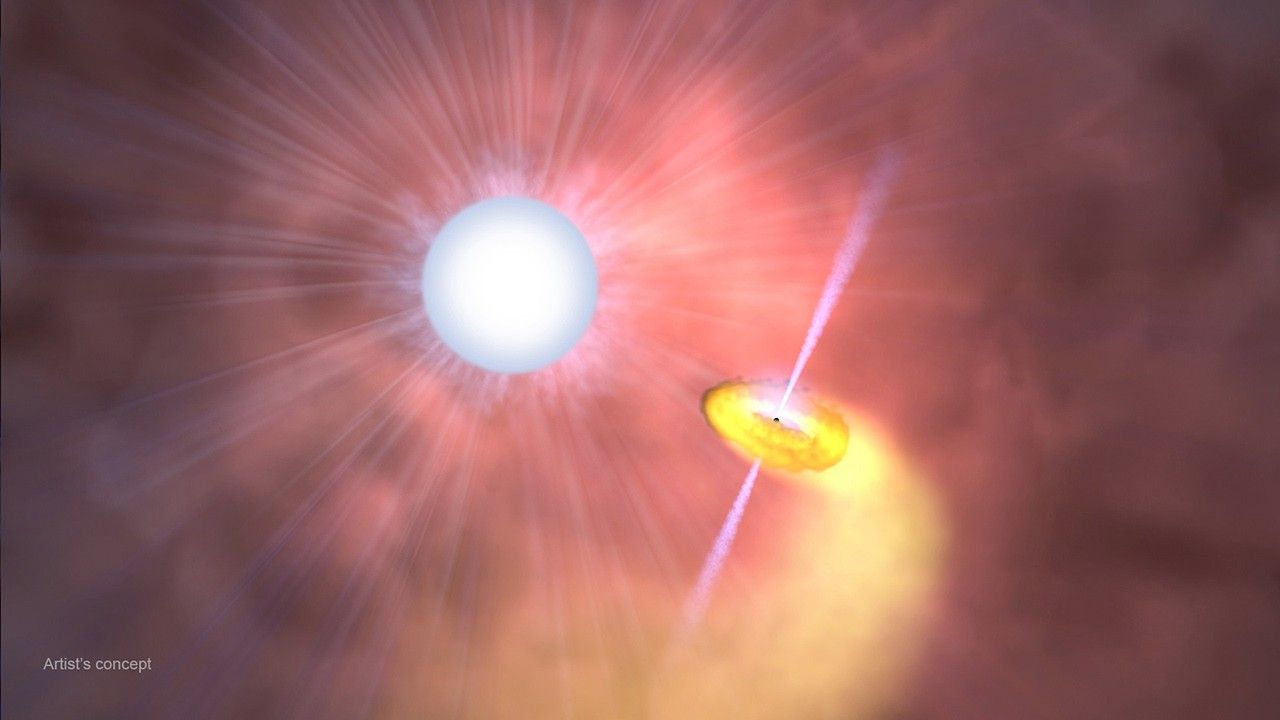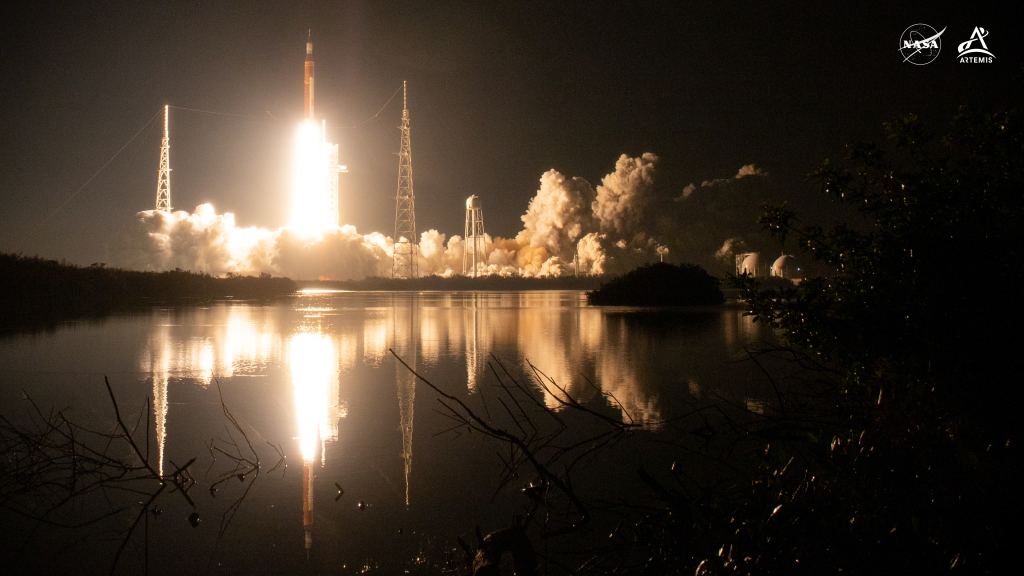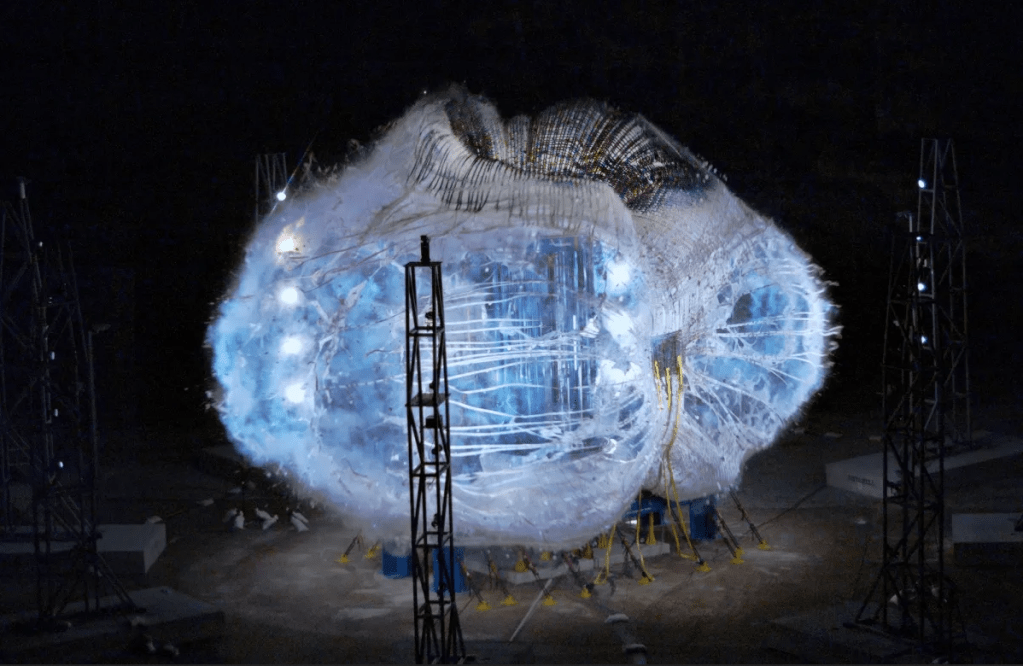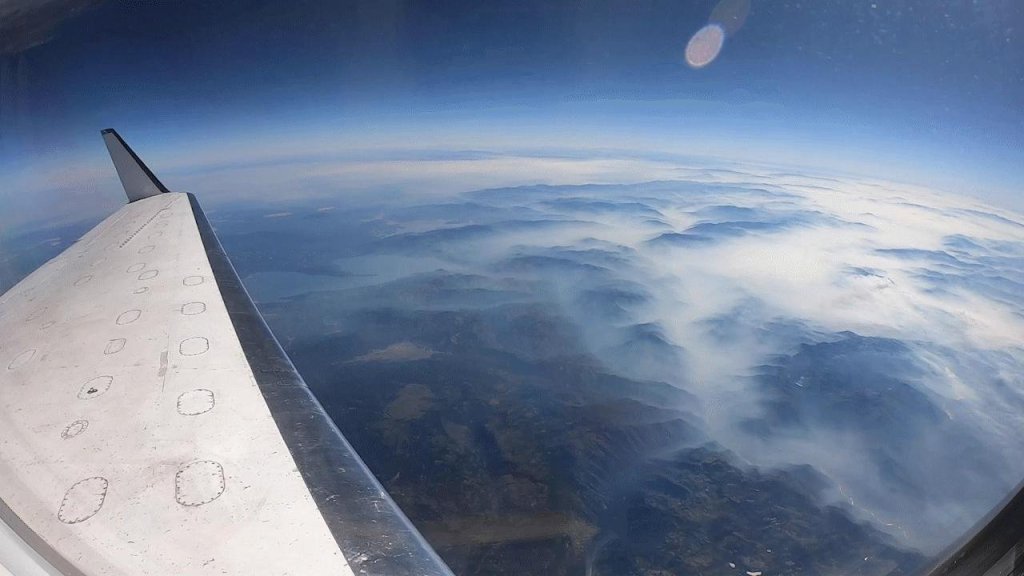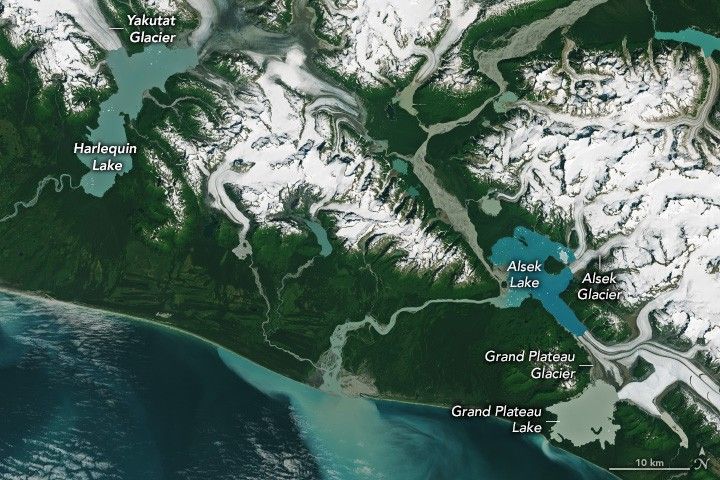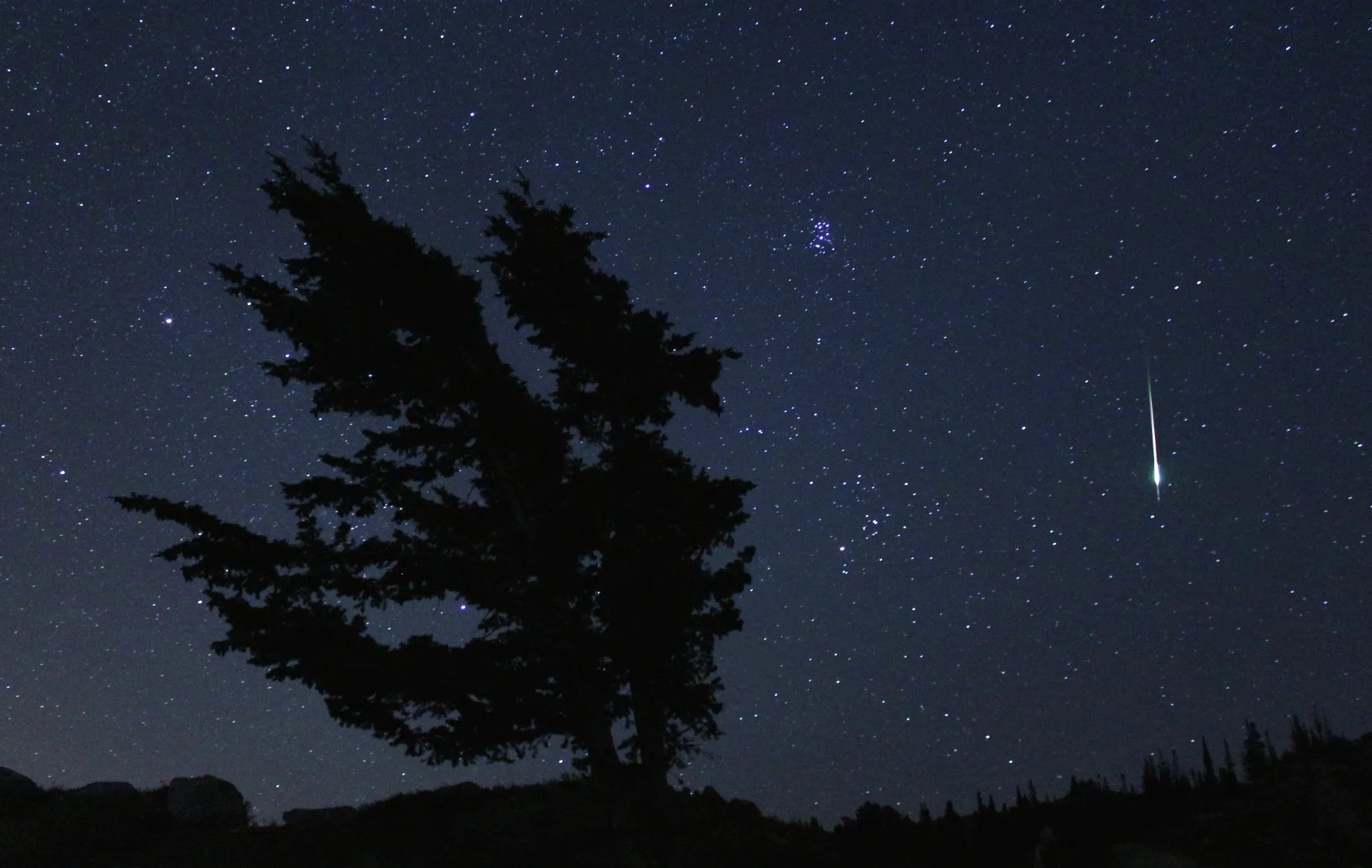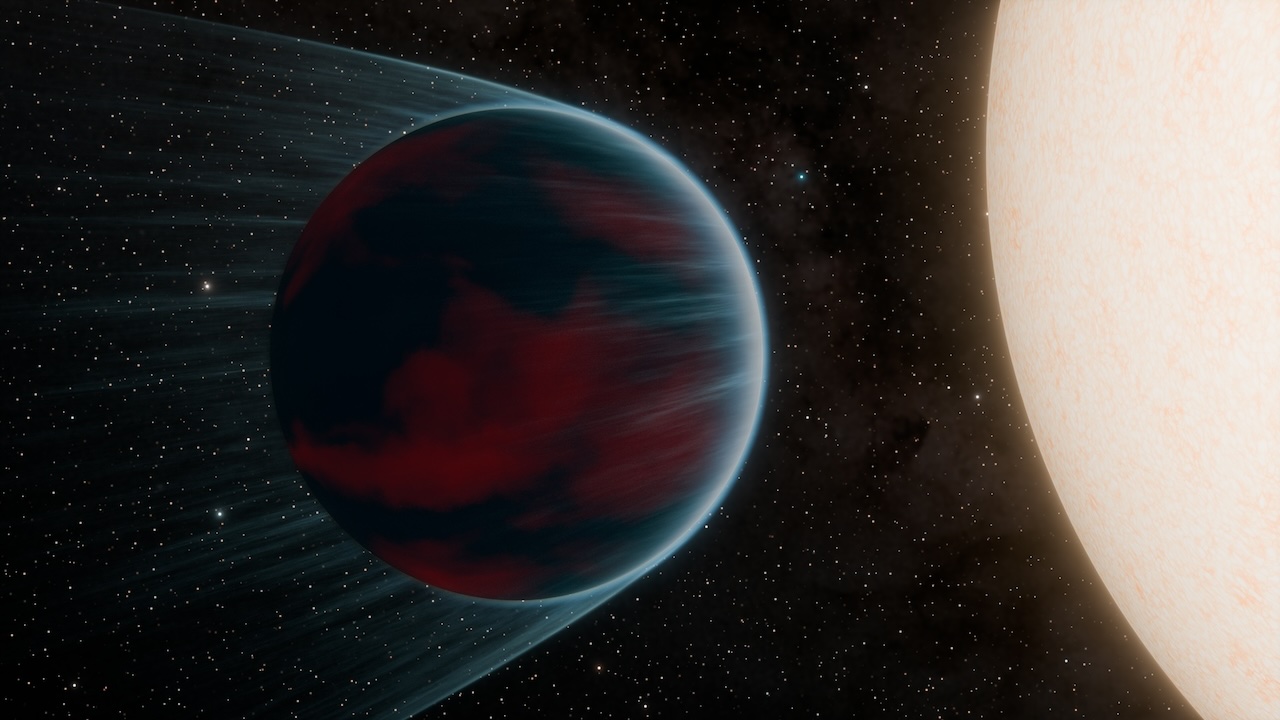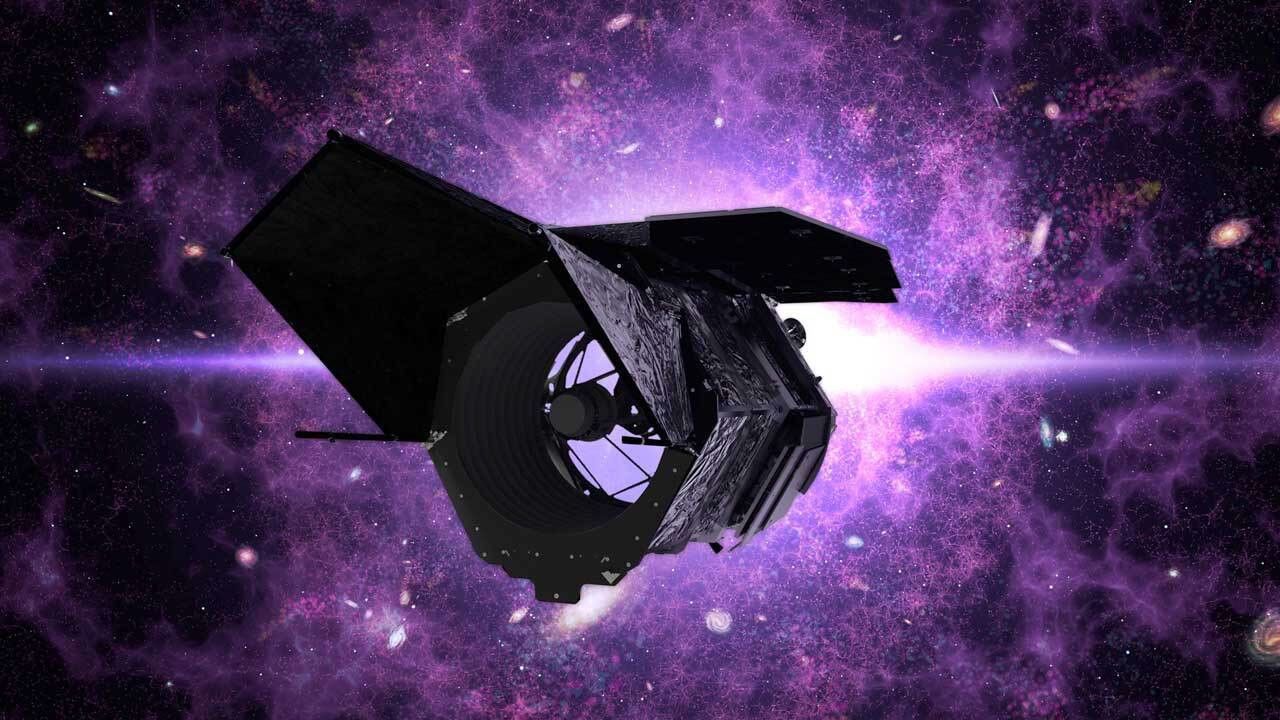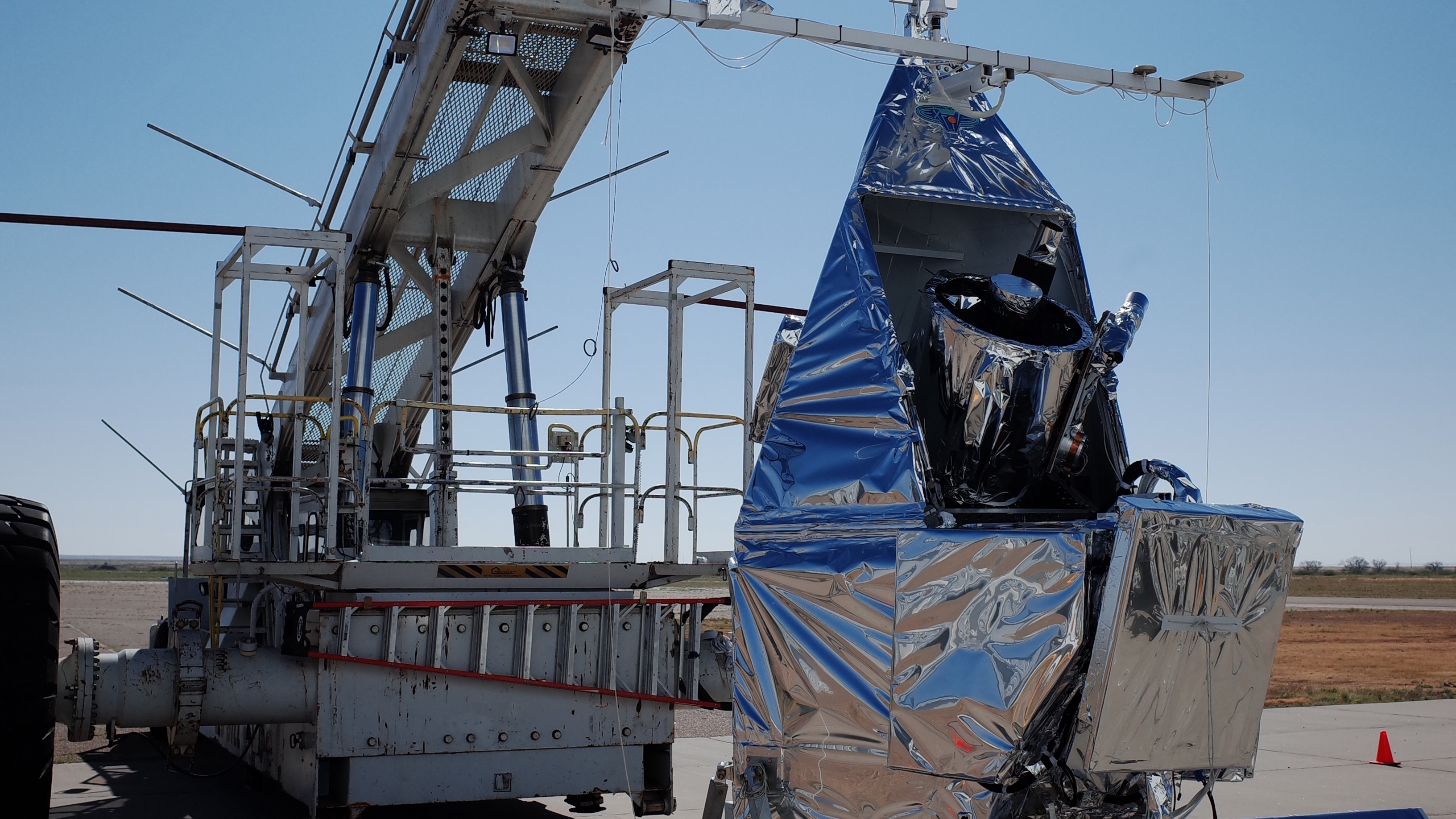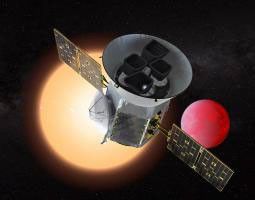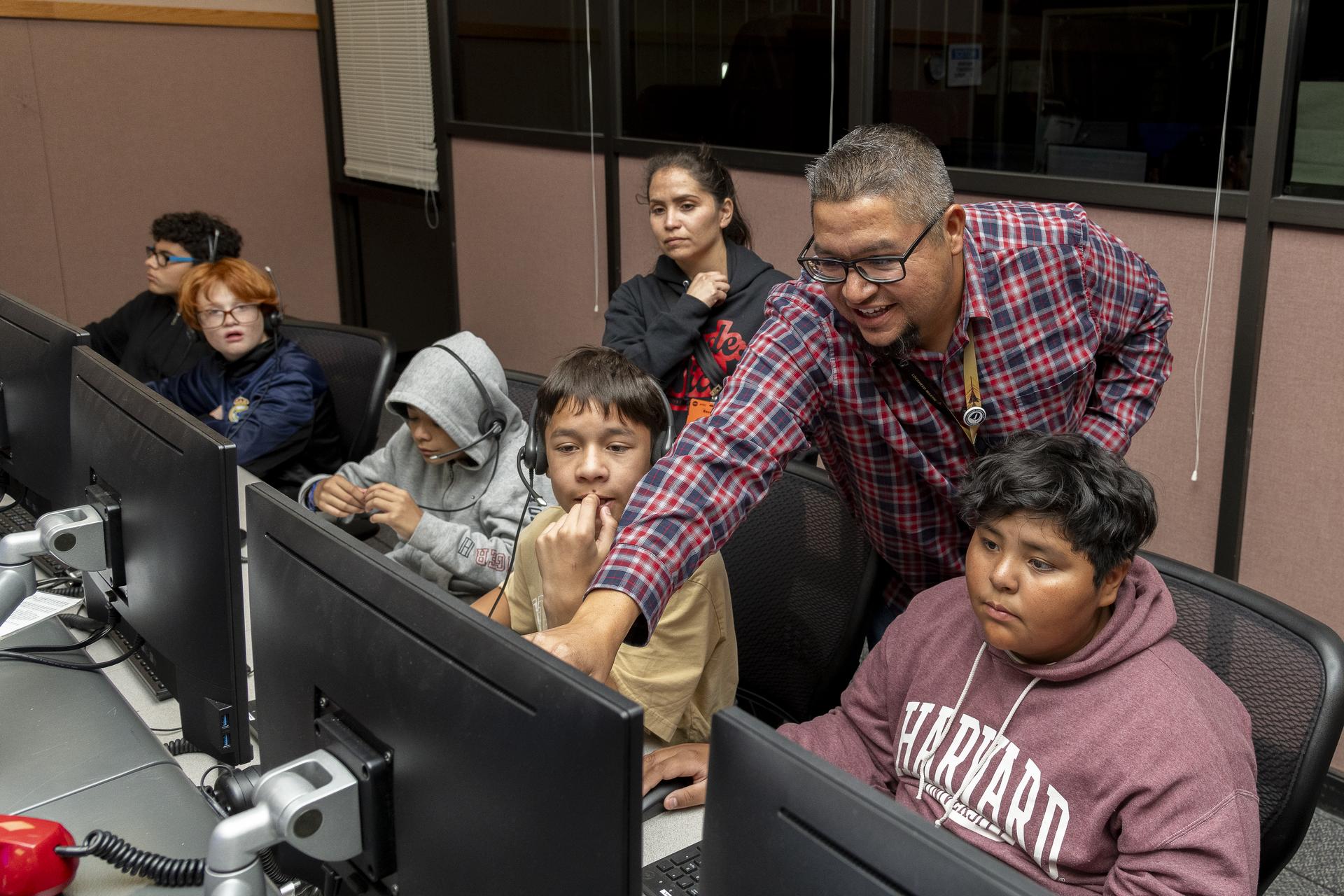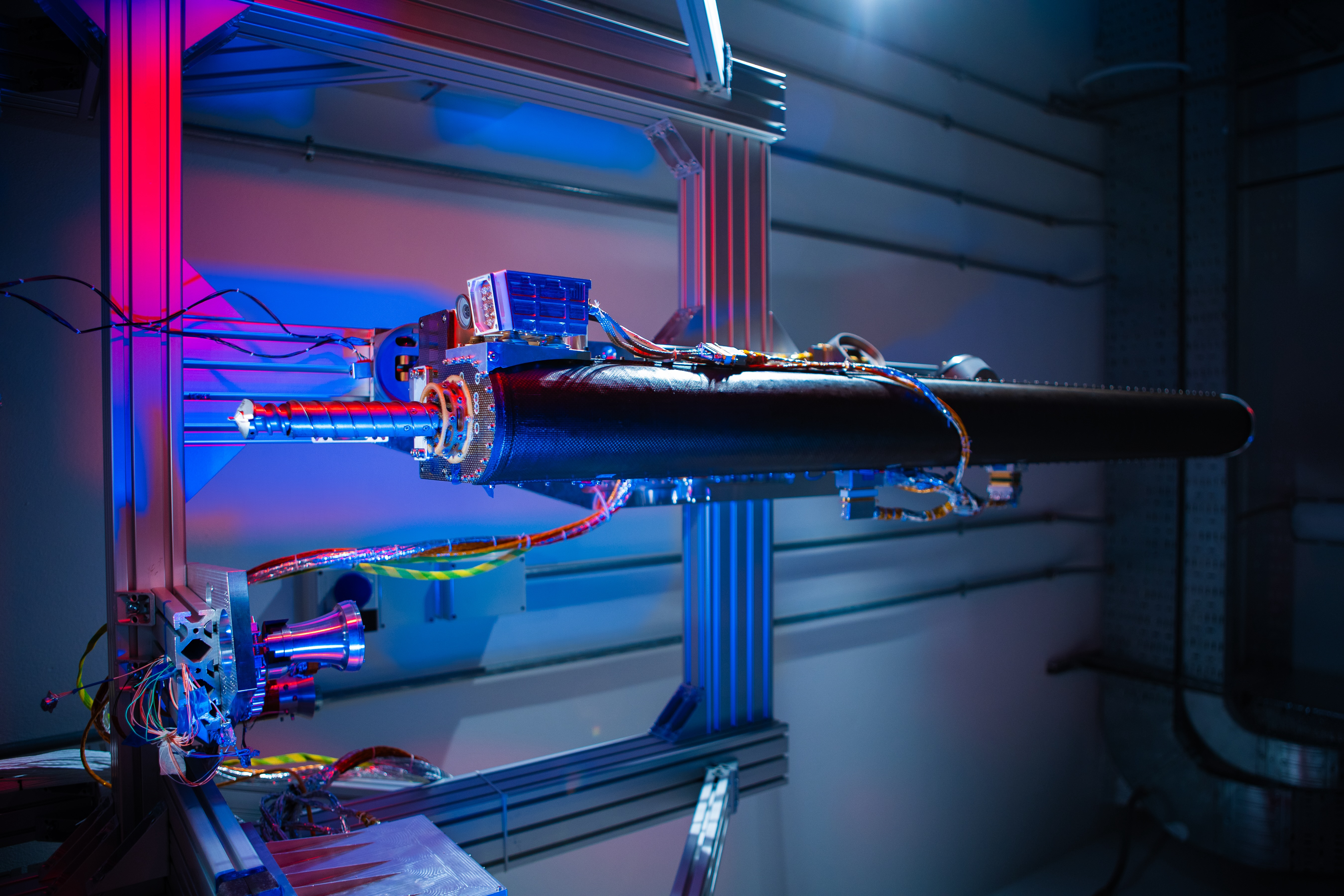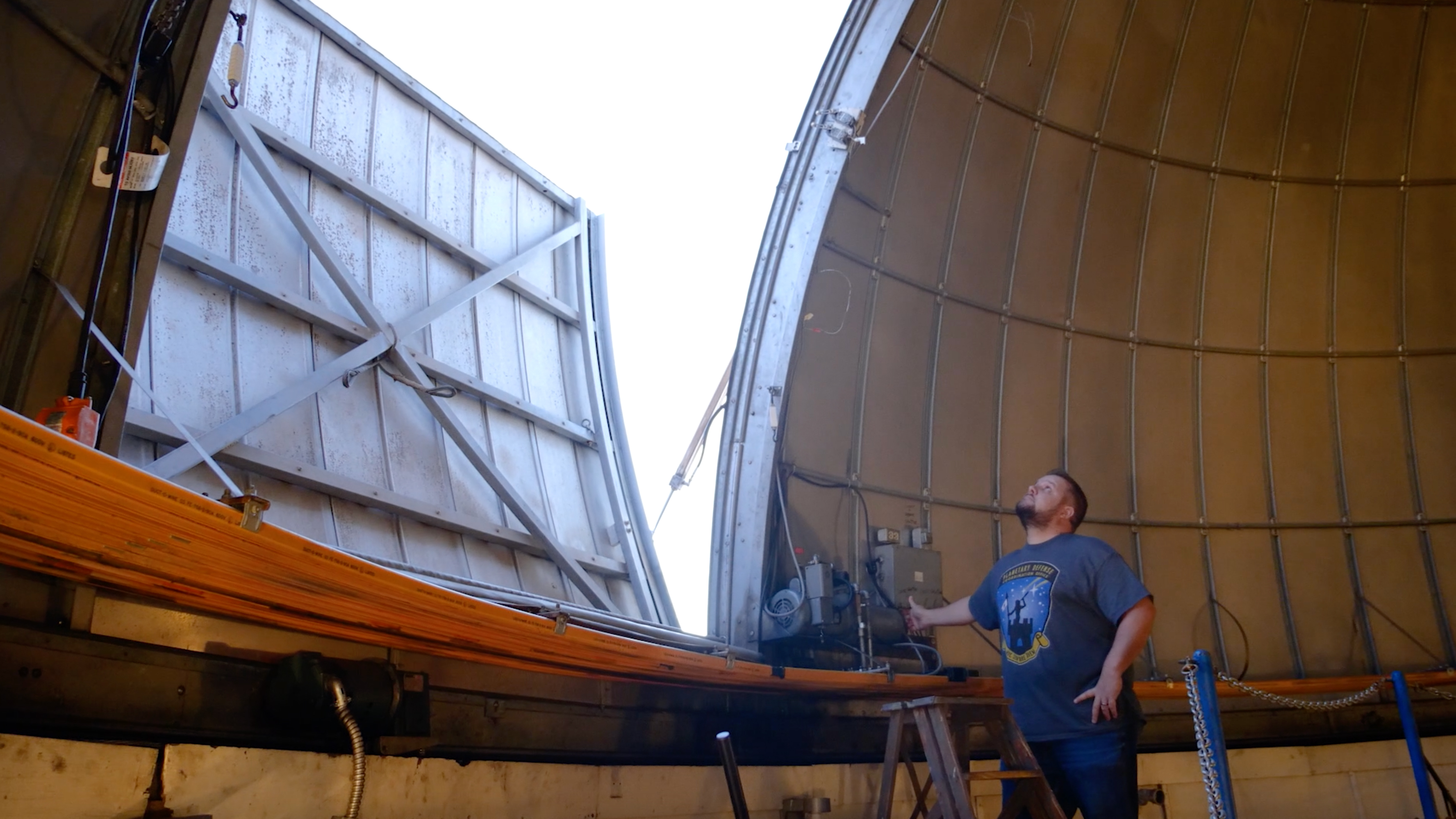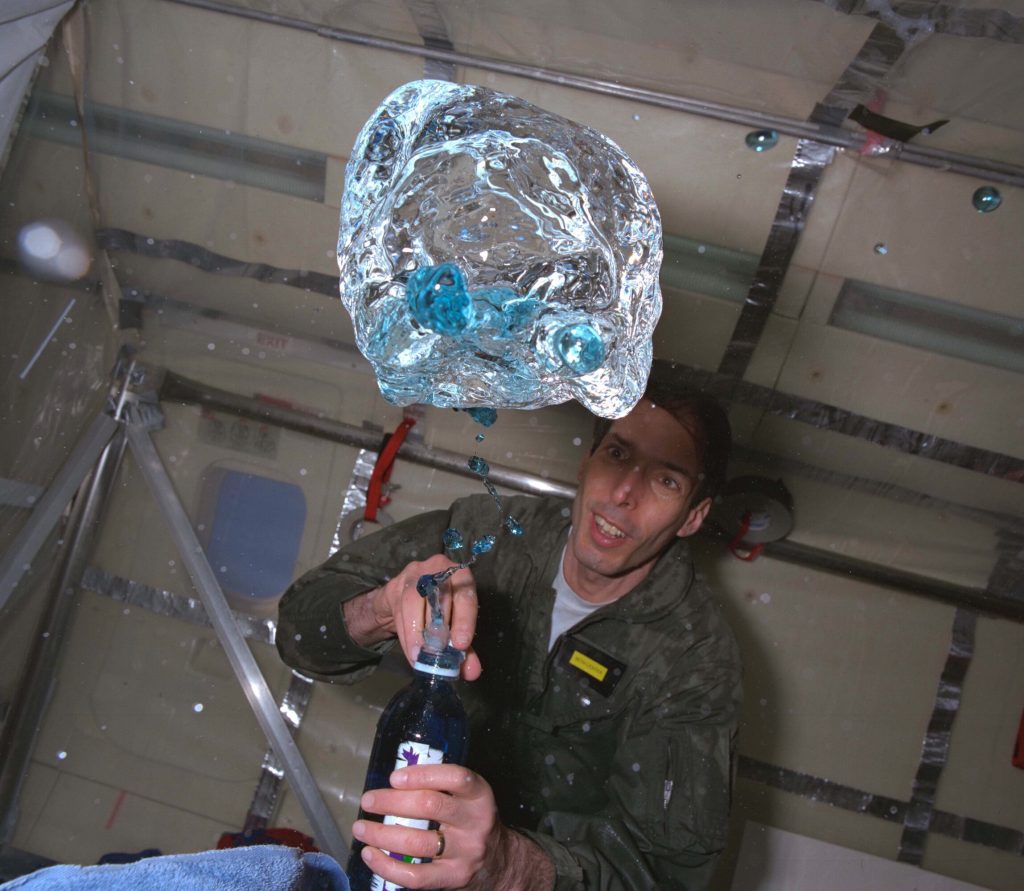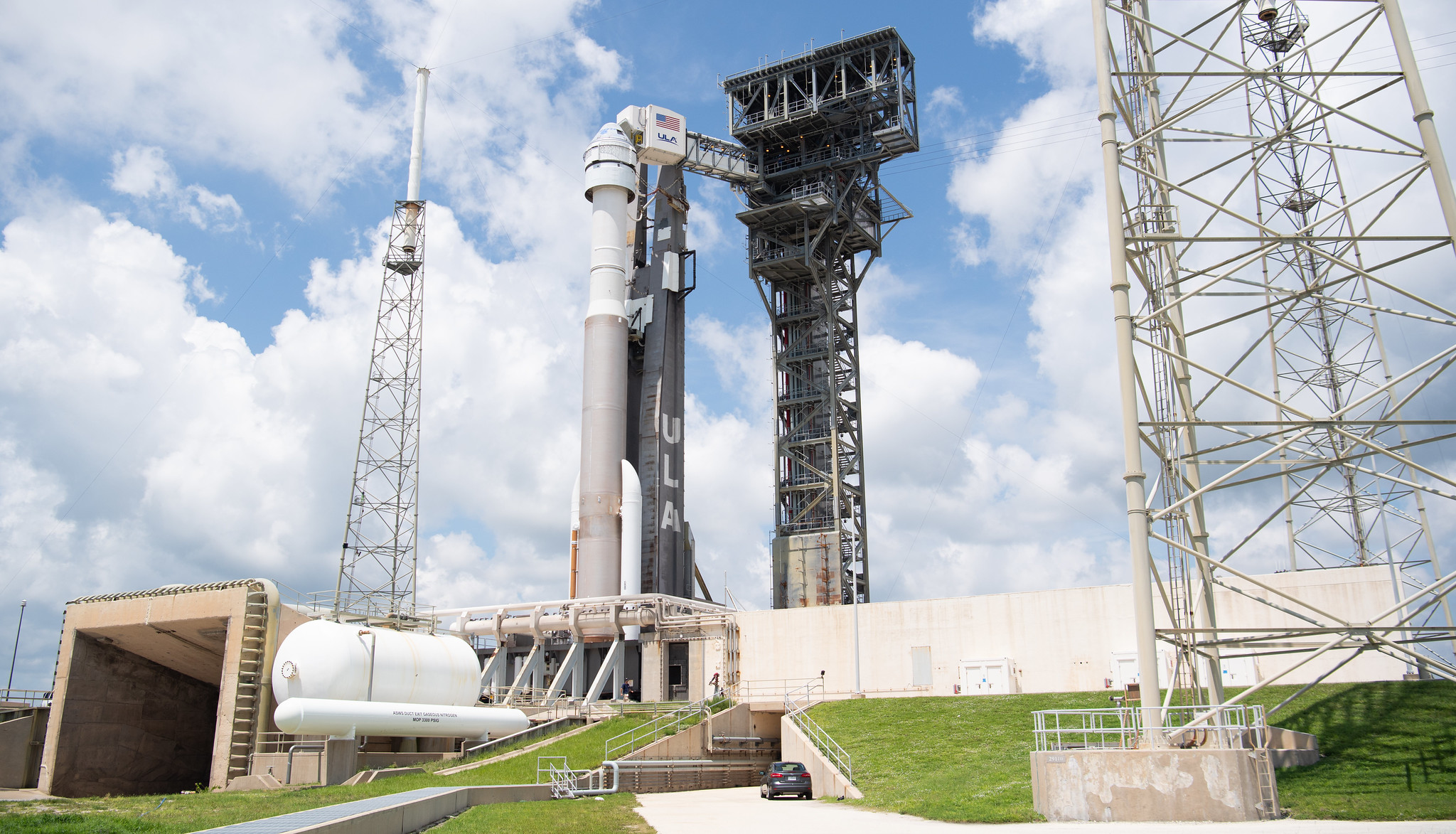Editor’s Note, Aug. 3, 2021: NASA and Boeing have stood down from the Aug. 4 launch opportunity so mission teams could examine valves in the CST-100 Starliner propulsion system that were in unexpected positions. Mission teams have decided to roll the Atlas V and Starliner back to the Vertical Integration Facility (VIF) for further inspection and testing.
Editor’s Note: This advisory was updated on Aug. 2 to reflect that media participation in the postlaunch news conference will be via phone only due to enhanced COVID-19 protocols.
Editor’s Note: This advisory updates the original advisory issued July 16, 2021.
NASA will provide coverage of the upcoming prelaunch, launch, and docking activities for the agency’s Boeing Orbital Flight Test-2 (OFT-2) mission to the International Space Station. OFT-2 is the second uncrewed flight for Boeing’s CST-100 Starliner spacecraft as part of the agency’s Commercial Crew Program. The mission is targeted to launch at 1:20 p.m. EDT Tuesday, Aug. 3
Starliner will launch on a United Launch Alliance Atlas V rocket from Space Launch Complex-41 at Cape Canaveral Space Force Station in Florida. About 30 minutes after launch, Starliner will perform its orbital insertion burn to begin its daylong trip to the space station. The spacecraft is scheduled to dock to the space station at 1:37 p.m. Wednesday, Aug. 4. Launch and docking coverage will air live on NASA Television, the NASA app, and the agency’s website.
The spacecraft will carry more than 400 pounds of NASA cargo and crew supplies to the space station. It will return to Earth with more than 550 pounds of cargo, including the reusable Nitrogen Oxygen Recharge System tanks that provide breathable air to station crew members.
OFT-2 will demonstrate the end-to-end capabilities of the Starliner spacecraft and Atlas V rocket, from launch, to docking, to a return to Earth with a desert landing in the western United States. The uncrewed mission will provide valuable data toward NASA certifying Boeing’s crew transportation system for regular flights to and from the space station.
The deadline has passed for media accreditation for in-person coverage of this launch. More information about media accreditation is available by emailing: ksc-media-accreditat@mail.nasa.gov.
NASA has updated its coronavirus (COVID-19) policies to remain consistent with new Centers for Disease Control and Prevention (CDC) guidance. Credentialed media will receive additional details from the media operations team at NASA’s Kennedy Space Center in Florida.
NASA’s Boeing OFT-2 mission coverage is as follows (all times Eastern):
Tuesday, Aug. 3
12:30 p.m. – NASA TV launch coverage begins for a targeted 1:20 p.m. liftoff. NASA TV will have continuous coverage through Starliner orbital insertion.
3:30 p.m. (approximately) – Postlaunch news conference on NASA TV. Participants will include:
- Steve Stich, manager, NASA’s Commercial Crew Program.
- TBD, NASA’s International Space Station Program.
- John Vollmer, vice president and program manager, Boeing Commercial Crew Program.
- John Elbon, chief operating officer, United Launch Alliance.
Media may ask questions via phone. For the dial-in number and passcode, please contact the Kennedy newsroom no later than 2 p.m. Tuesday, Aug. 3, at: ksc-newsroom@mail.nasa.gov.
Wednesday, Aug. 4
10:30 a.m. – NASA TV rendezvous and docking coverage begins.
1:37 p.m. (scheduled) – Docking
Thursday, Aug. 5
8:30 a.m. – NASA TV hatch opening coverage begins
8:40 a.m. – Hatch opening
9:40 a.m. (approximately) –Welcoming remarks
NASA TV Launch Coverage
NASA TV live coverage will begin at 12:30 p.m. For NASA TV downlink information, schedules, and links to streaming video, visit:
Audio only of the news conferences and launch coverage will be carried on the NASA “V” circuits, which may be accessed by dialing 321-867-1220, -1240, -1260 or -7135. On launch day, “mission audio,” countdown activities without NASA TV launch commentary, will be carried on 321-867-7135.
On launch day, a “clean feed” of the launch without NASA TV commentary will be carried on the NASA TV media channel. Launch also will be available on local amateur VHF radio frequency 146.940 MHz and UHF radio frequency 444.925 MHz, heard within Brevard County on the Space Coast.
NASA Website Launch Coverage
Launch day coverage of NASA’s Boeing OFT-2 mission will be available on the agency’s website. Coverage will include livestreaming and blog updates beginning no earlier than 12:30 p.m. Wednesday, Aug. 3, as the countdown milestones occur. On-demand streaming video and photos of the launch will be available shortly after liftoff. For questions about countdown coverage, contact the Kennedy newsroom at: 321-867-2468. Follow countdown coverage on our launch blog at:
Public Participation
NASA invites the public to take part in virtual activities and events ahead of OFT-2.
Members of the public can register to attend the launch virtually. NASA’s virtual guest program for OFT-2 includes curated launch resources, notifications about NASA social interactions, and the opportunity for a virtual launch passport stamp following a successful launch. Print, fold, and get ready to fill your virtual guest launch passport.
Engage kids and students in virtual and hands-on activities that are both family-friendly and educational through Next Gen STEM Commercial Crew.
Watch and Engage on Social Media
Stay connected with the mission on social media via Twitter, Facebook, and Instagram using the hashtag #LaunchAmerica. Follow and tag these accounts:
Twitter: @NASA, @Commercial_Crew, @Space_Station, @NASAKennedy
Facebook: NASA, NASACommercialCrew, ISS Facebook, Kennedy Space Center
Instagram: NASA, ISS Instagram, NASAKennedy
NASA will provide a live video feed of Space Launch Complex-41 approximately 6 hours prior to the planned liftoff of the OFT-2 mission. Pending unlikely technical issues, the feed will be uninterrupted until the prelaunch broadcast begins on NASA TV, approximately one hour prior to launch.
Once the feed is live, it will be available at:
http://youtube.com/kscnewsroom
Make sure to check out NASA en español on Twitter, Instagram, Facebook, and YouTube for more Spanish-language coverage on OFT-2.
Para obtener información sobre cobertura en español en el Centro Espacial Kennedy o si desea solicitar entrevistas en español, comuníquese con Antonia Jaramillo 321-501-8425 antonia.jaramillobotero@nasa.gov.
NASA’s Commercial Crew Program is delivering on its goal of safe, reliable, and cost-effective transportation to and from the International Space Station from the United States through a partnership with American private industry. This partnership is changing the arc of human spaceflight history by opening access to low-Earth orbit and the International Space Station to more people, more science, and more commercial opportunities. The space station remains the springboard to NASA’s next great leap in space exploration, including future missions to the Moon and, eventually, to Mars.
For NASA’s launch blog and more information about the mission, visit:
-end-
Joshua Finch / Stephanie Schierholz
Headquarters, Washington
202-358-1100
joshua.a.finch@nasa.gov / stephanie.schierholz@nasa.gov
Kyle Herring / Jennifer Wolfinger
Kennedy Space Center, Fla.
321-867-2468
kyle.j.herring@nasa.gov / jennifer.wolfinger@nasa.gov
Megan Sumner / Gary Jordan
Johnson Space Center, Houston
281-483-5111
megan.c.sumner@nasa.gov / gary.j.jordan@nasa.gov

